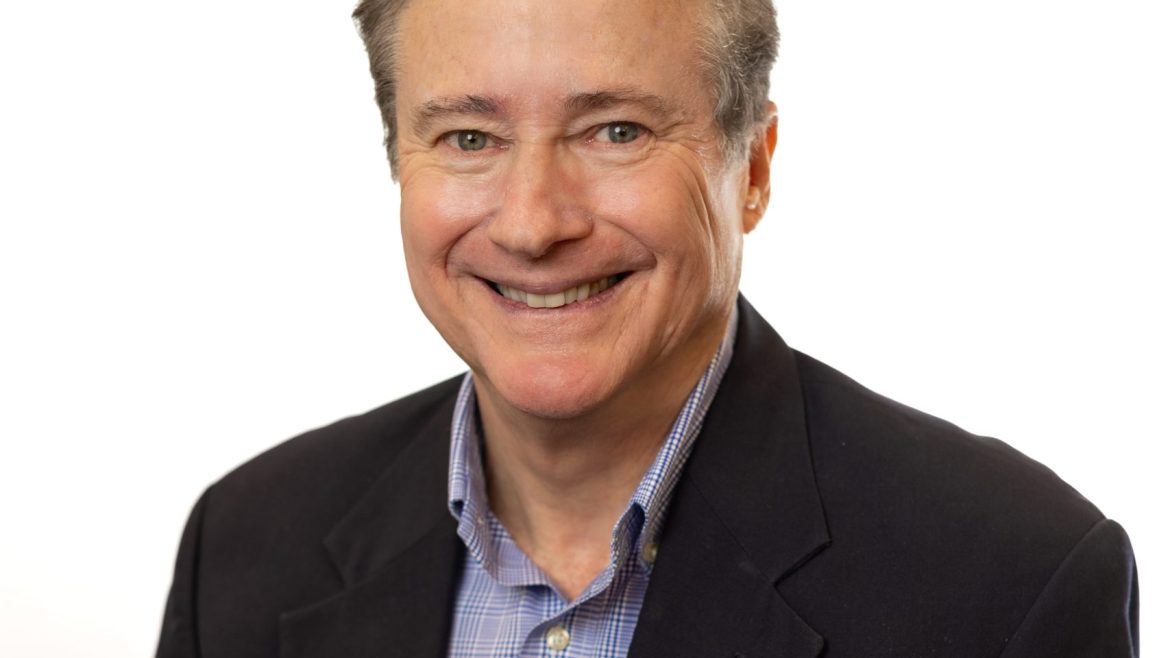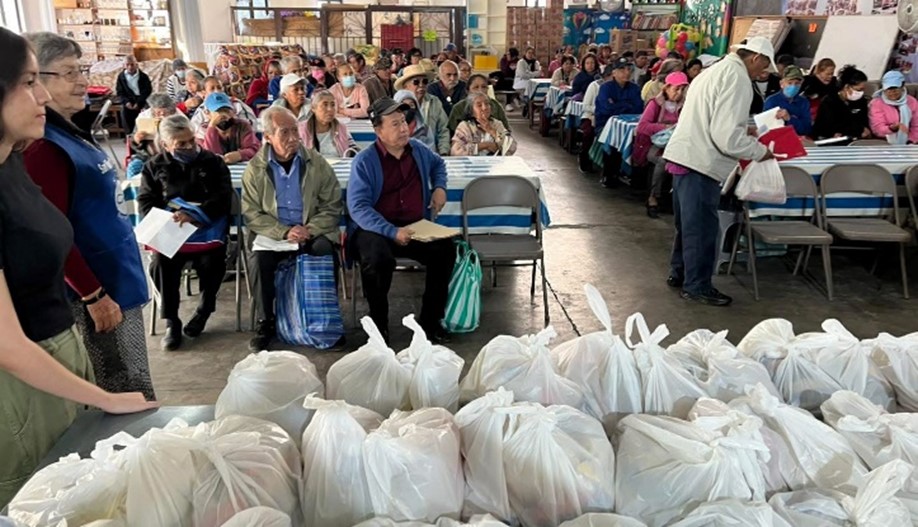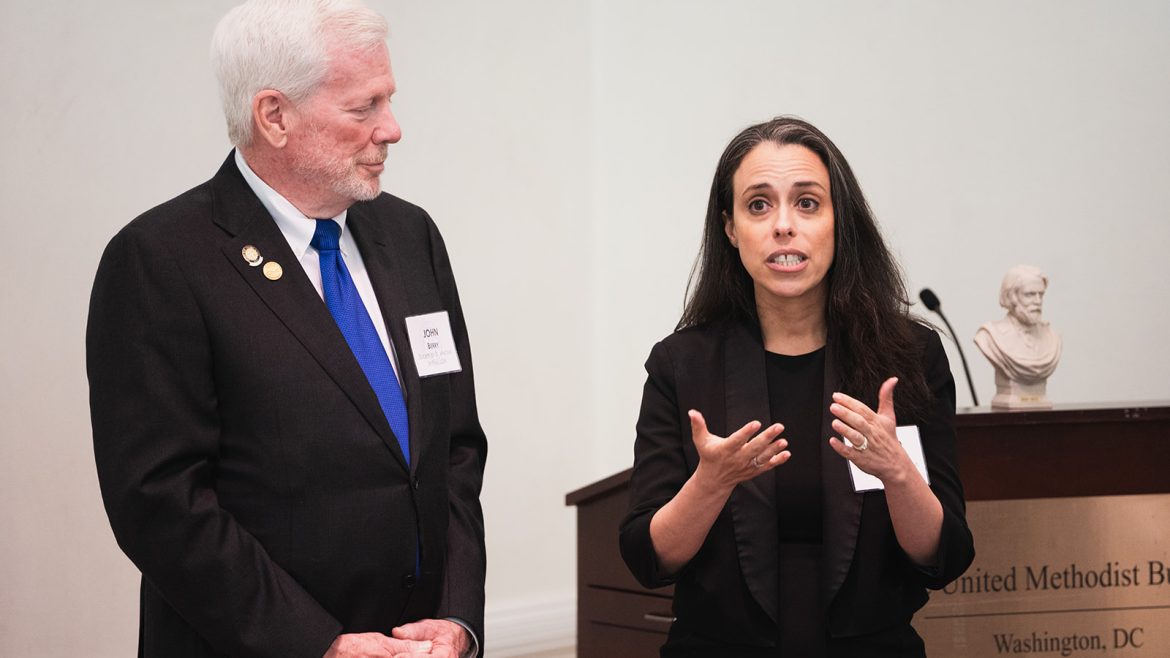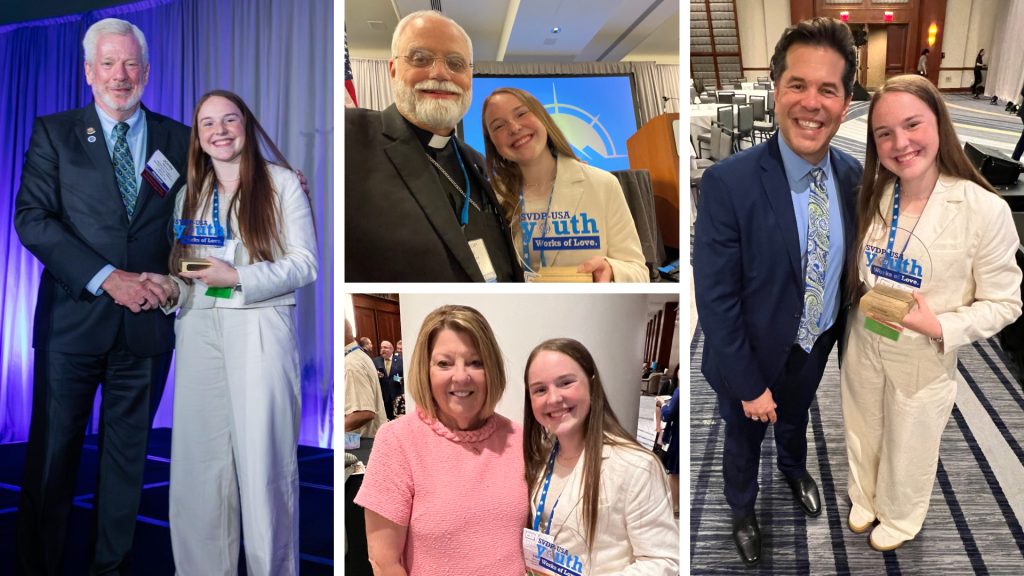Why Do We Work Our Whole Lives to Build Financial Security—But Not Plan How It Will Reflect Our Values After We’re Gone?
By Dennis Kempf, Director of Philanthropy
Many of us spend a lifetime earning, saving, and giving back. But when it comes to what happens after we’re gone, too often we leave our legacy to chance. Why Do We Work Our Whole Lives to Build Financial Security—But Not Plan How It Will Reflect Our Values After We’re Gone?
Have you prayerfully considered how your life’s work—and your life’s values—can continue to bless others?
The benefits of planning ahead are clear:
- Peace of mind
- Reduced family conflict
- Ensuring your legacy reflects your faith and values
- A deep sense of fulfillment and well-being
Will everything go to your heirs? Is there room at the table for others—those whose lives could be transformed by your generosity?
Here’s how four Vincentians have answered that call and named SVdP in their plans:
- Michael is establishing an endowment via his estate plans. He has been donating to SVdP every quarter for 5 years – this will continue his generosity for future generations. Why? “I’ve been very blessed in life and am paying it forward.”
- Jim established an endowment to fund the capital expenses for food pantries. The goal is to extend the life of our food pantries, “helping keep the doors open for years to come to feed those in need.”
- Another Jim shared that he has a strong Catholic viewpoint about death through his years of working at a cemetery. Ninety five percent of the groundskeepers were immigrants from Italy and Ireland trying to escape poverty. In response, he has been supporting grants through our Friends of the Poor for over ten years. His estate plans will help him continue his legacy of loving support for years to come.
- Mary Ann named us a beneficiary of a life insurance policy and comically suggests that we “do not spend it yet!” She said that our Vincentian work means that we are good people, but with our spirituality … we are saints!
You, too, can reflect your faith, your values, and your love for those in need—today and tomorrow.
Have you prayerfully considered how you might continue your legacy of love and service through St. Vincent de Paul?
Let your legacy feed the hungry, clothe the cold, and uplift the forgotten.
Your faith can live on—in action.
SVdP’s Advancement Team oversees planned giving, fundraising, National Partners, the Friends of the Poor® Walk, the Friends of the Poor® grants, and the CARS vehicle donation program.






 What would you do if you answered the phone and a “Neighbor in Need” said, “I need water”? I was stunned and asked if she could be more specific. An elderly female voice replied, “I’m thirsty and need water. I can’t drink the tap water because it tastes like metal.”
What would you do if you answered the phone and a “Neighbor in Need” said, “I need water”? I was stunned and asked if she could be more specific. An elderly female voice replied, “I’m thirsty and need water. I can’t drink the tap water because it tastes like metal.”














